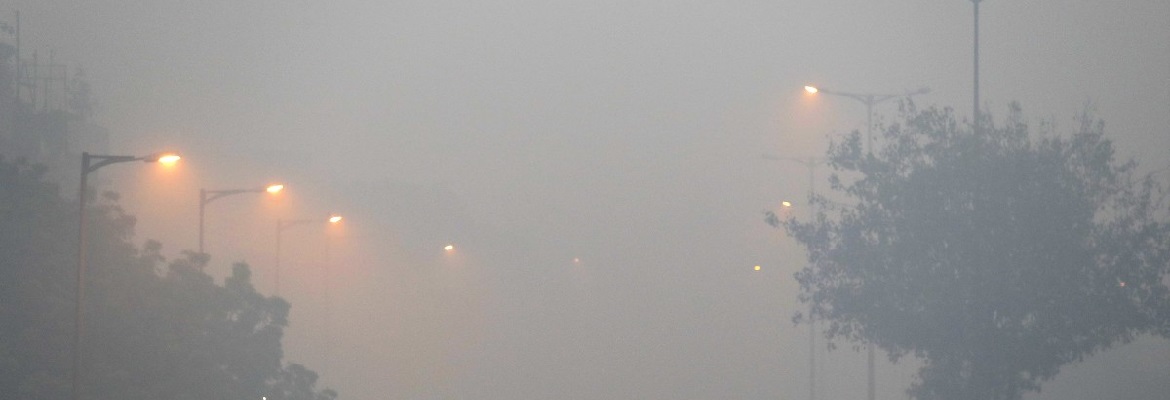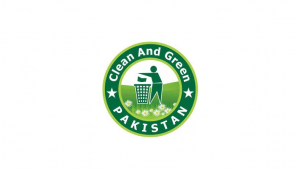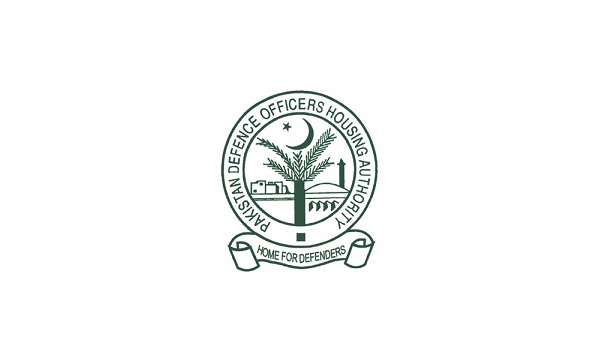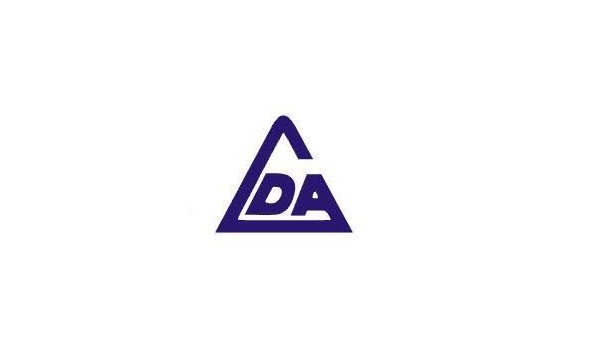Islamabad: A high-level meeting, chaired by Islamabad Chief Commissioner and Capital Development Authority (CDA) Chairman Muhammad Ali Randhawa, was held at the CDA headquarters to address the ongoing smog situation and establish measures to improve air quality in the federal capital.
The meeting was attended by senior officials, including the Inspector General of Police (IGP), the Director General (DG) of the Pakistan Environmental Protection Agency (Pak-EPA), the DG of the Ministry of Climate Change’s Environment Wing, the Islamabad Capital Territory (ICT) Deputy Commissioner, and representatives from the CDA’s Environment Wing.
Read: Punjab to tests artificial rain in Rawalpindi to combat smog
Smog Situation and AQI Status
During the meeting, it was revealed that the Air Quality Index (AQI) for Islamabad was recorded at 192 on November 13, 2024. This index, calculated using levels of Particulate Matter (PM2.5), Nitrogen Dioxide (NO2), and Carbon Monoxide (CO), highlights potential health risks. Despite the elevated AQI, Pak-EPA assured attendees that Islamabad’s smog situation remains under control. Moving forward, Pak-EPA will release AQI data regularly to keep the public informed.
DG Pak-EPA presented a detailed briefing on the smog situation, identifying key hotspots and emission sources. It was noted that no significant industrial emissions were detected within Islamabad, as industrial activities are monitored to ensure compliance with environmentally friendly practices.
Read: Punjab To Form Authority To Tackle Smog
Key Measures to Combat Smog
The meeting outlined several initiatives aimed at mitigating the effects of smog:
- Vehicle Emissions Control:
Mandatory fitness certification for all vehicles in the capital. A zero-tolerance policy for vehicles emitting excessive smoke, with a crackdown focused on heavy vehicles and buses. FIRs to be registered against owners of non-compliant vehicles. - Construction Dust Management:
Dust pollution at development sites will be addressed through water sprinkling. - Hotspot and Border Area Monitoring:
Emission hotspots and border areas will be closely monitored using the Safe City project’s camera network. - Ban on Non-Compliant Brick Kilns:
Brick kilns not utilizing zigzag technology will face permanent shutdown. - Waste Burning Prevention:
Hotspot inspections will prevent waste burning at dumping sites. Pak-EPA confirmed that there are no major emissions from crop residue burning in Islamabad.
Read: Canada to help combat smog in urban areas of Punjab
Public Awareness and Health Campaigns
To raise awareness about smog and its health risks, the meeting approved a public campaign involving the Ministry of Information and Broadcasting, Islamabad police FM stations, and other authorities.
The CDA Hospital, along with other public hospitals, will organize a symposium and an awareness walk. Posters and health advisories will be distributed, encouraging preventive measures like mask usage to minimize exposure to smog.
Call for Coordination
The meeting concluded with a strong emphasis on coordinated efforts among all stakeholders to improve Islamabad’s air quality and safeguard public health. The measures aim to align with international environmental standards while ensuring transparency and efficiency.








